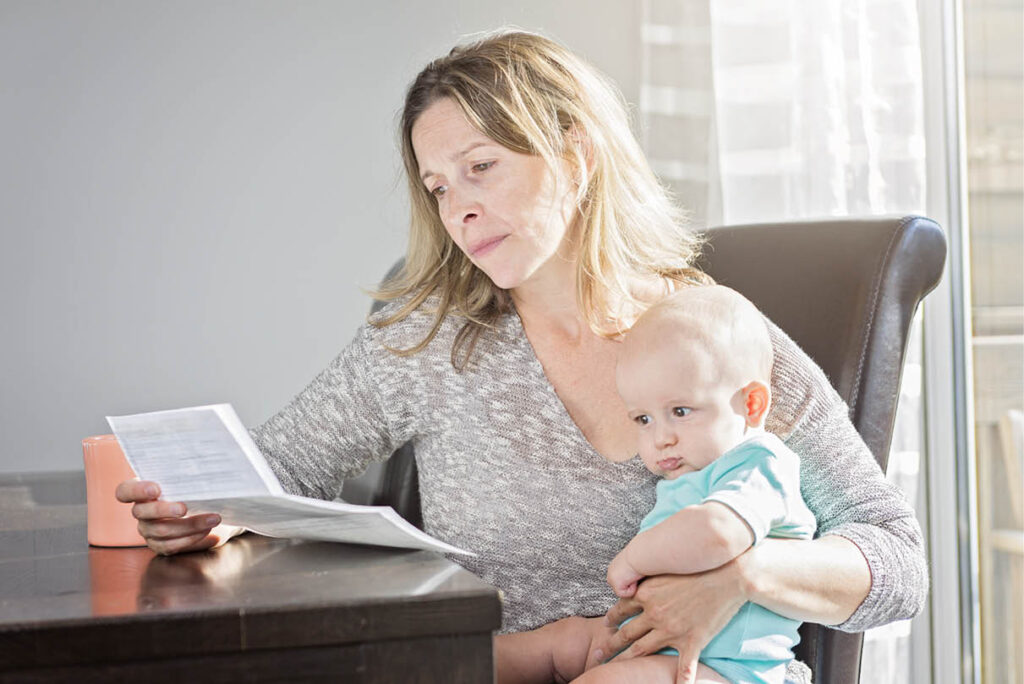When a relationship ends amicably, dividing assets or determining living arrangements for your children can be challenging. When it ends poorly, it can have devastating consequences. Even if you’re trying to be truly amicable, it can be incredibly difficult to set your feelings aside and negotiate with a partner who hurt you or stopped loving you. If you’re the one who ended the relationship, you may find yourself frustrated by the intensity of the emotions involved.
For many separating couples, these strong feelings can lead to costly and emotionally draining Court battles. Mediation offers a faster, less adversarial, and more affordable alternative. It allows you to make decisions about your future together, rather than being bound by the non-negotiable ruling of a judge. By avoiding the destructive Court process, mediation can help you reduce long-term conflict with your ex-partner and move forward with your life in a more positive way, sooner.

In Australia, Mediation takes place with accredited Mediators who are known as Family Dispute Resolution Practitioners and the mediation process is referred to as “FDR”.
For many separating couples, when trying to separate their assets or make arrangements for the shared care of children, conflict on how to best do this can lead to costly and emotionally draining Court battles. Mediation (FDR) offers a faster, less adversarial, and more affordable alternative. It allows you to make decisions about your future together, rather than being bound by the non-negotiable ruling of a judge. By avoiding the destructive Court process, mediation can help you reduce long-term conflict with your ex-partner and move forward with your life in a more positive way, sooner.
FDR has been a compulsory step for parenting matters since 2006 in the family Court. Research from that time demonstrated that mediation is a more constructive way of resolving conflict than going to Court. Whilst property mediation (FDR) isn’t compulsory, it is still a highly valued way of resolving financial settlements and avoiding Court.
In FDR or mediation sessions, the agenda is set by you. This process can cover the division of assets, spousal maintenance agreements, parenting arrangements, contact with children, grandparents, and extended family, private financial agreements, child support, and strategies for communicating successfully after separation.
Our mediators are trained in Mediation, Psychology, Law and other relevant fields. They are highly experienced in working with post separated conflict, and dealing with sensitive matters arising out of conflicting agendas.


Whether you need a comprehensive plan or simply want to resolve a few remaining issues, our expertise can help. We also supports future-proofing your shared parenting arrangements by proactively addressing potential challenges before they arise. Additionally, as your children grow and your family’s needs evolve, our mediators are available for follow-up sessions to revise or “tune up” your plan.
Under Family Court legislation, FDRPs are required to act in the best interests of children, a responsibility they take very seriously. However, we are equally committed to advocating for the wellbeing of parents. Research consistently shows that children thrive when their parents’ wellbeing is prioritised. In mediation we will work towards agreements that support the wellbeing of both parents and children, ensuring the best outcome for everyone involved.
Agreements reached through mediation can be made legally binding or left open and flexible—this can be discussed further during your individual session. For more insights, visit our Parenting Mediation page and explore our Tips for Preparing for Parenting Mediation page.
Property Mediation isn’t always mandatory yet, but it is increasingly the preferred choice for those seeking support with challenging decisions—without the need for costly and unnecessary legal battles.
If your property dispute ends up in Court, the legal fees—sometimes resembling telephone-book figures—can sadly deplete a significant portion of your assets. Even if you avoid Court, it’s still easy to spend tens of thousands of dollars negotiating back and forth between lawyers.
In contrast to Court, property division can often be resolved in just a few joint sessions. Depending on the complexity of your case, attending mediation, coming up with your own property agreement and having your agreement formalised into Court Orders by a lawyer can cost considerably less.


As private practitioners, we provide prompt, efficient mediation without long waiting lists. We offer invaluable guidance through the complexities of family law.
We specialise in both relationship counselling and mediation, bringing insight into how relationships function and falter. This is the advantage of using a therapeutic approach to mediation rather than a purely legal approach.
We use videoconferencing where parties are remote or unable to comfortably sit together in the same room. We can issue formal invitation letters and court-required legal certificates.
OUR PRACTITIONERS’ AFFLIATED ORGANISATION